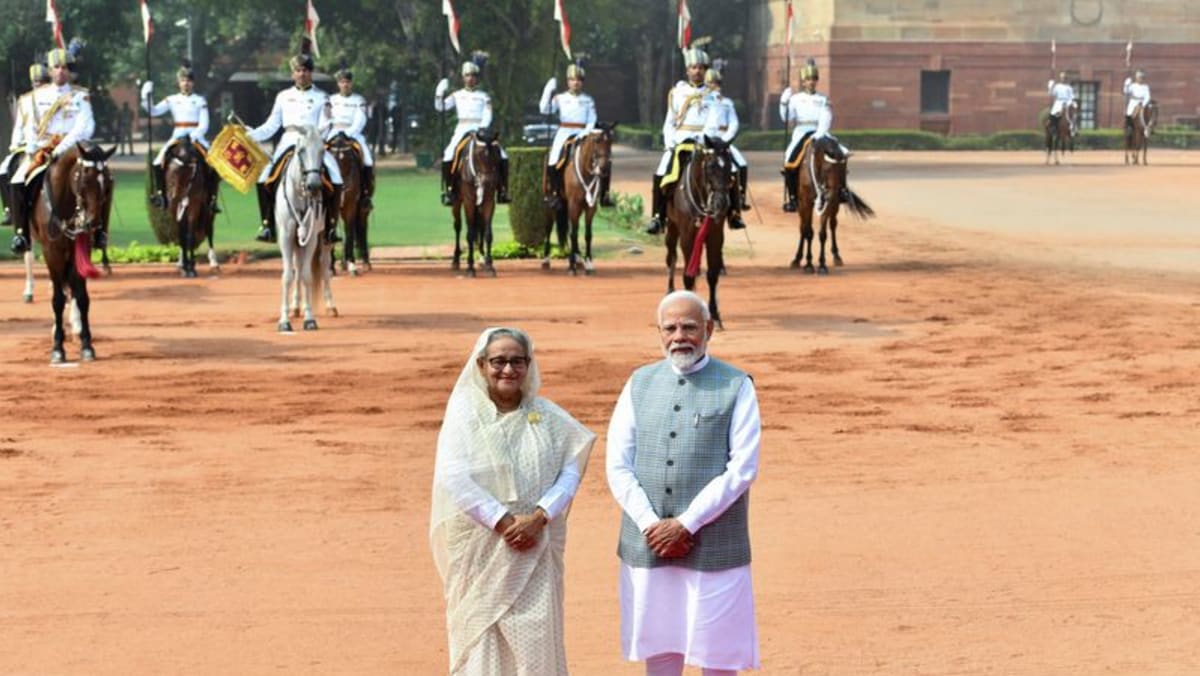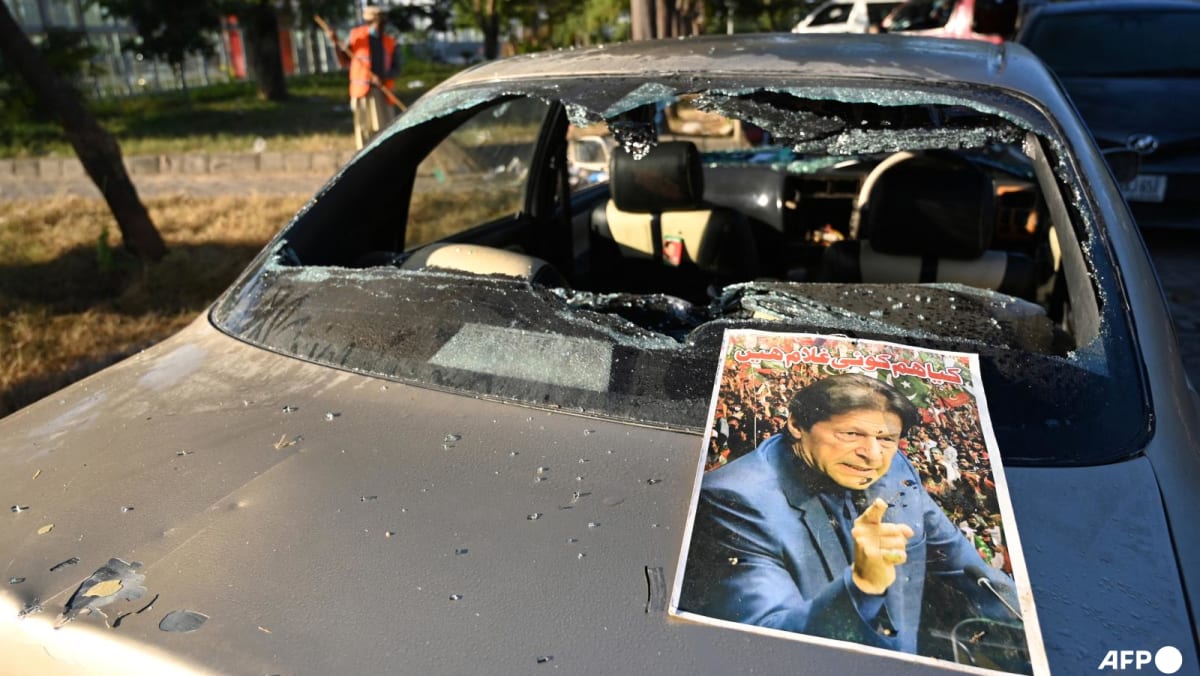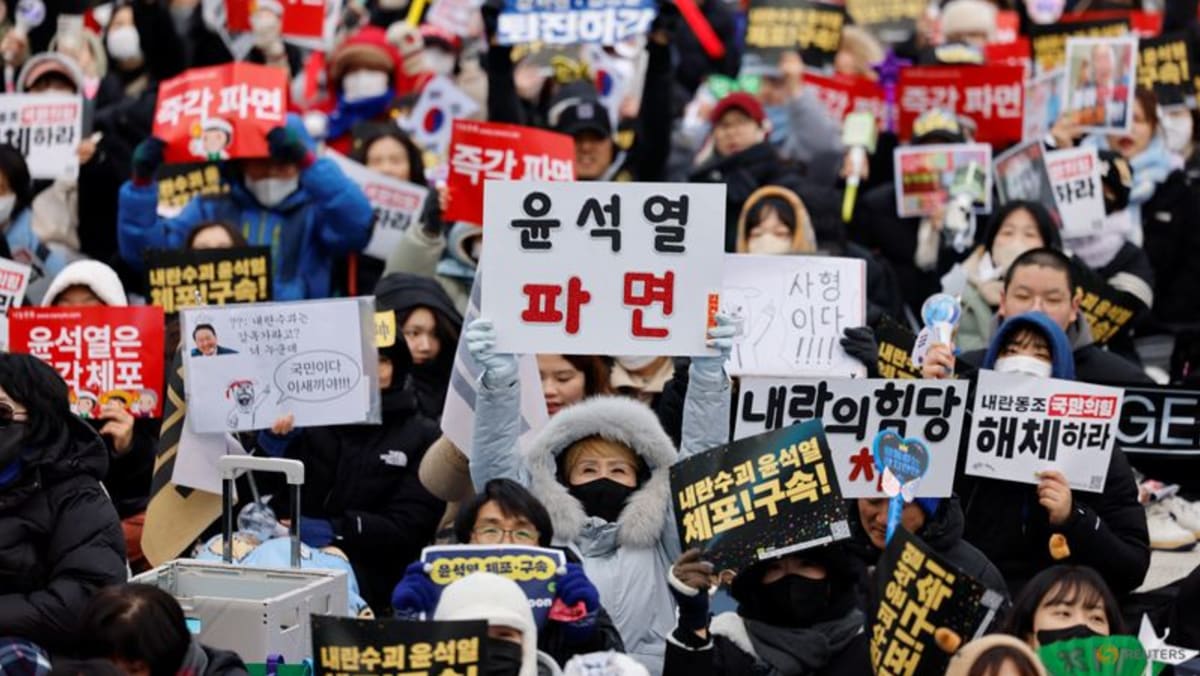Commentary: Divorce is a ‘certificate of happiness’ for some women in modern China

WESTERN NOTIONS OF LOVE AND PERSONAL CHOICE
These amendments eased the divorce process and made China one of the world’s easiest and cheapest countries to divorce. It was not until 2021 that the government introduced a 30-day ‘cooling off period’ to curb rising divorce rates. But this has come too late and may have little impact in the long run.
China encouraged family planning in the early stages of its economic reform period – most families were restricted to one child between 1979 and 2015. Unlike their parents, who grew up under Maoist ideology, the one-child generation has been heavily influenced by Western notions of romance, freedom in love and personal rights.
For them, marriage is about love and personal choice. This mentality led to the phenomenon of “naked marriages” – in which couples get married without a car, house, ring, wedding party or honeymoon – and the popularity of “flash” or “fast food” marriages among young couples, followed by “flash divorces”.
Post-1980s generations have also been subject to unprecedented life changes, care and investment from their families and the state. Rising educational attainments and economic statuses, especially of women, have altered the conventional pattern of patriarchal marriages.
A growing number of women have become breadwinners for their families. This is reinforced by a softened masculinity popularised among Chinese young men by the Korean wave in recent decades, fuelling fear of a “masculinity crisis” and a continuing trend toward “stronger women and feebler men” (yinsheng yangshuai).
MODERN FEMINISM IN CHINA
Modern feminism in China defends and demands women’s rights and interests, from fighting sexism and male chauvinism to advocating for women’s equal surnaming rights with their husbands.
Source: CNA















